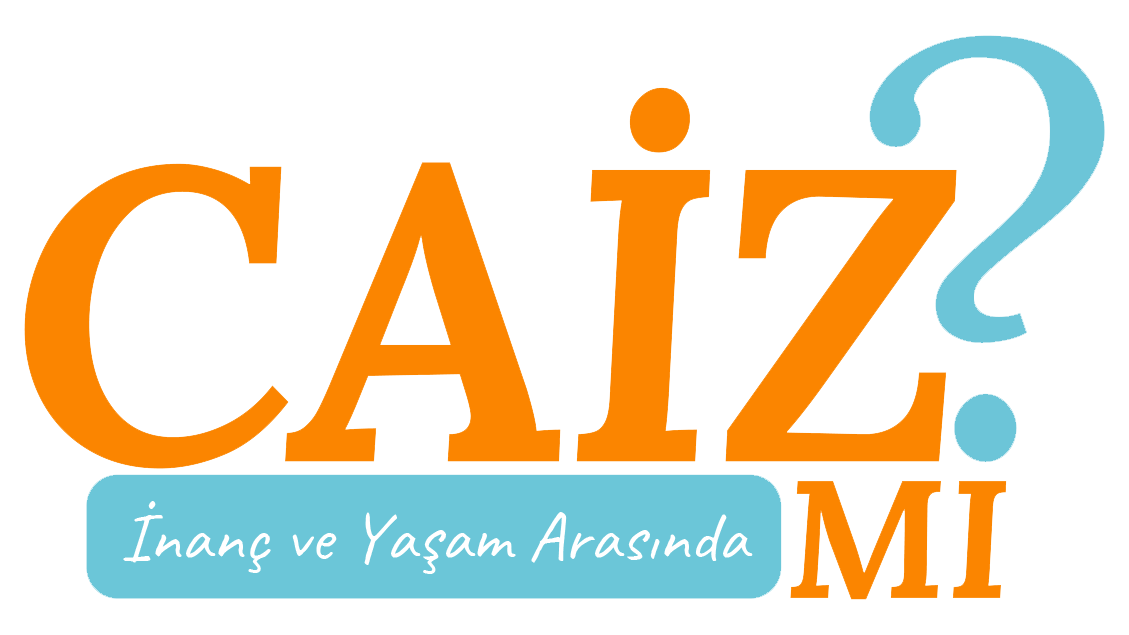Islam has implemented protective measures regarding eating and drinking and has prohibited foods that are harmful to life. It can be said that what Allah has made halal is beneficial for humans, while what He has made haram is harmful. Consuming foods that harm the body or mental health is not permissible. For example, eating poisonous animals such as scorpions and snakes or spoiled food is not permissible because they are harmful to humans. Whether the source is animal, plant, or mineral, consuming any food that harms a person is not allowed. Small and insignificant harms are not taken into consideration, and these types of harms are exceptions to the general ruling that causing harm is haram (Hilali, The Principle of No Harm and No Reciprocating Harm, 1/293). In situations where harm and benefit are intertwined, the dominant factor is considered. If the benefit outweighs the harm, it is deemed halal; if the harm outweighs the benefit, it is considered haram (Subki, Al-Ashbah wa al-Naza’ir, 1/123). In cases where harm and benefit are equal, the principle “Preventing harm takes precedence over obtaining benefits” applies, and the action is considered impermissible (Mecelle, Article 30).
It may not always be easy to determine whether foods are harmful, especially in today’s world, where foods have become highly varied and complex. Therefore, researchers engaged in the study of Islamic jurisprudence should take into account the findings of positive sciences and experts when making judgments on this matter. Observing the standards and criteria that have been established through extensive research and experience in food-related matters and codified into law is not only a requirement of current law but also a religious responsibility. Allah Almighty says, “If you do not know, ask those who possess knowledge” (Surah An-Nahl, 16:43), commanding us to consult experts in areas where we lack knowledge. If any food item contains harmful substances beyond the limits set by the competent authorities, it is understood that these foods are not permissible. Therefore, Muslims should strive to consume clean and harmless foods as much as possible (Tawile, Fiqh of Foods, p. 30).
